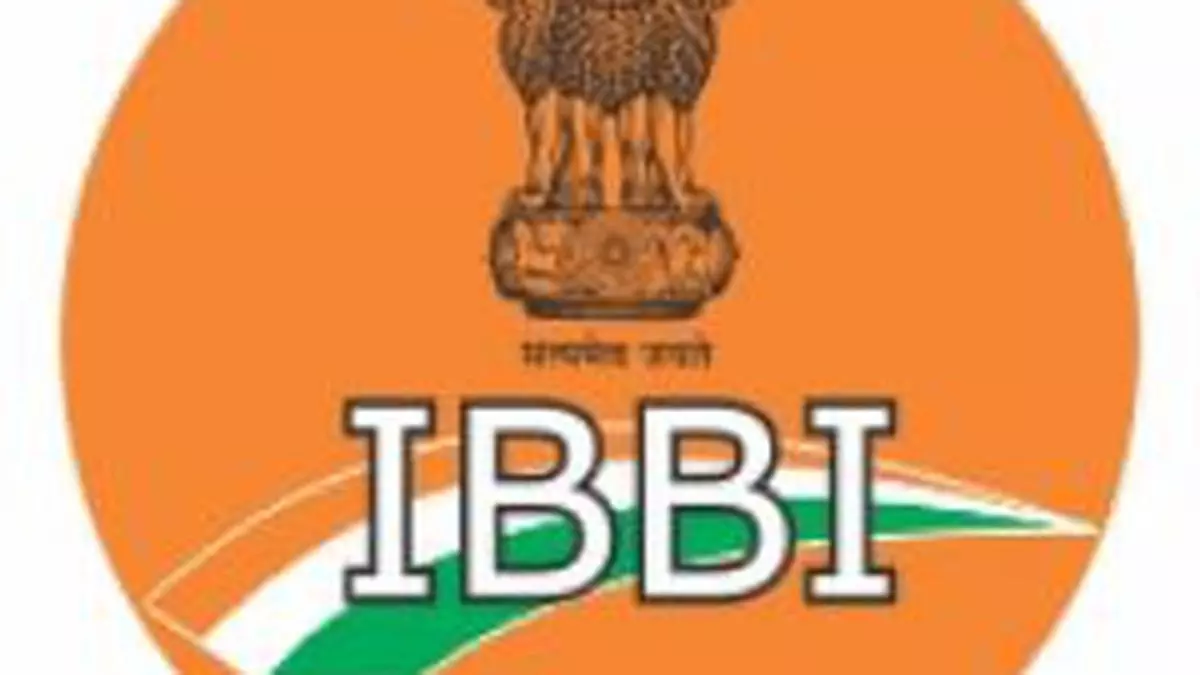| Quick Case Summary {Gaurang Balvantlal Shah vs Union of India} |
| Section 164(2) which had come into force from 1-1-2014 would have prospective and not retrospective effect and defaults contemplated under section 164(2)(a) with regard to non-filing of financial statements or annual returns for any continuous period of three financial years would be defaults to be counted from financial year 2014-15 only and not 2013-14 |
| DIN of a director cannot be cancelled or deactivated except under circumstances mentioned in rule 11 of Companies (Appointment of Directors) Rules, 2014 |
Are you impacted by the action of the Ministry of Corporate Affairs (MCA) that had published a list of almost 3 lakh disqualified directors on its official website on September 12, 2017? Here is a news that brings a ray of hope for you in the near future.
On December 18, 2018, Gujarat High Court quashed the MCA’s list of disqualified directors.
What was the case?
Civil application number C/SCA/22435/2017 filed by Gaurang Balvantlal Shah vs Union of India was filed in the High Court of Gujarat at Ahmedabad. It was heard by Honourable Justice Bela M. Trivedi.
More than twenty applications were clubbed together as a matter of convenience, as the Court opined that the basic challenge was similar in all of them. All petitioners were disqualified by the MCA for being associated with ‘struck off companies’ and in addition their DINs were deactivated.
What was the respondent’s stand in the court?
The respondent, that is MCA, cited the new provisions under Section 164 (2) of the Companies Act 2013, which came in effect from April 1, 2014. Those companies which defaulted and did not comply by filing annual returns and/or financial statements of 2013-14, 2014-15, 2015-16, were served notice and struck off. The directors of such companies faced automatic disqualification as per the provisions of the Companies Act, 2013.
Case Note:
Company – Disqualification – Section 164(2)(a) of Companies Act 2013- Bhagavan Das Dhananjaya Das vs Union of India -Madras High Court Judgement
Judgement says no retrospective implementation of Section 164(2).
The Court categorically stated that the Companies Act, 2013 is perspective in nature therefore Section 164(2) cannot be implemented retrospectively.
The Court held that the ‘disqualification’ was based on the flawed interpretation of the Section 164 (2) of the Companies Act, 2013. As per the Section 164 (2) (a) of the Companies Act 2013, a director of a private company faces automatic disqualification if the company has defaulted and not filed the annual returns and/or financial statement for 3 consecutive years. Hence, as the Act came to effect from April 1, 2014 the consecutive three years should be 2014-15, 2015-16 and 2016-17 and not from 2013-14 as stated by the respondent.
In addition, the Act specifies that the Annual General Meeting to be held within 6 months of the closure of the said financial year. Post AGM the annual return may be filed within 60 days, whereas the financial statement can be filed within 30 days. Going by this, the companies and their directors had time to file financial statement by October 30, 2017 and annual return by November 30, 2017. Keeping this in mind the court held the action of MCA as illegal as the list was published on September 12, 2017.
Case Note : Gujarat High Court Order- Gaurang Balvantlal Shah S/O Balvantlal Shah Versus Union of India
Deactivation of DIN shall not be tied up to ‘strike off’, opines Court.
The Honourable Judge further pointed out that striking off of a company under Section 248 of the Companies Act shall not lead to instant deactivation of DIN. Section 155 of the Companies Act, read with Rule 11 of the Companies Rules 2014, clearly spells out the circumstances under which DIN may be deactivated. Thus, the Court has ordered the activation of DINs as their cancellation was not legally tenable.
The likely outcome for others facing same predicament:
A similar verdict of Madras High Court had quashed the list of disqualified directors last year. The interpretation of the court was on similar lines as the Gujarat High Court.
Under the circumstances, when the action of MCA has failed a legal standing on two instances, it is likely that the regulators will take cognizance of it. The govt. and related bodies will have to work out on eradicating the prevailing ambiguities and flaws related to this.
New year is expected to usher in more clarity and some positive changes in the prevailing situation. Wait and watch for more from us as soon as there is any announcement from the regulators!











